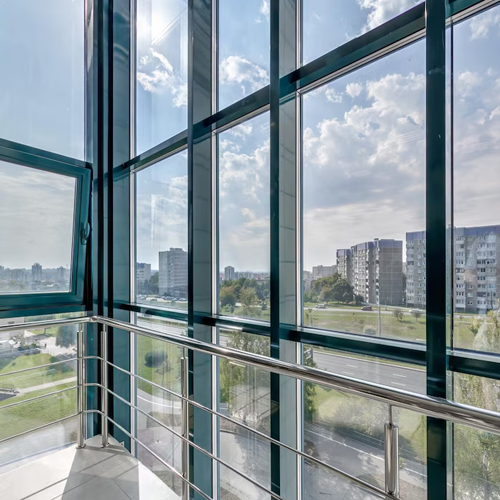Aluminum window systems have become an indispensable part of the construction industry today. These systems offer a number of advantages such as aesthetics, durability and energy efficiency in modern buildings. However, did you know that aluminum window systems are not limited to these advantages, but also support environmental sustainability?
Aluminum is an element found in abundance in nature. However, aluminum production is a very energy-intensive process. This is where the sustainability of aluminum window systems comes into play. Aluminum is a material suitable for recycling. Used aluminum materials can be collected and recycled to be used in the production of new products. This saves energy and reduces negative impacts on the environment.
Aluminum window systems show high performance in terms of insulation. A well-designed aluminum window provides better temperature control and minimizes heat loss. This reduces energy consumption and reduces heating/cooling costs. You can reduce your carbon footprint by using less energy.
Aluminum window systems are long-lasting. They do not rust, do not rot and are resistant to various weather conditions. Thanks to these features, they help you create durable structures that do not need to be replaced frequently. This contributes to the more efficient use of resources.
The sustainability of aluminum window systems is also supported by green building certificates and scoring systems. These systems encourage environmental sustainability and give points to green building projects.
Aluminum window systems are an important building material that supports environmental sustainability. Their recyclability, energy efficiency and durability make these systems a future-oriented investment. You can both protect the environment and save money in the long term by choosing aluminum window systems in your construction projects.


